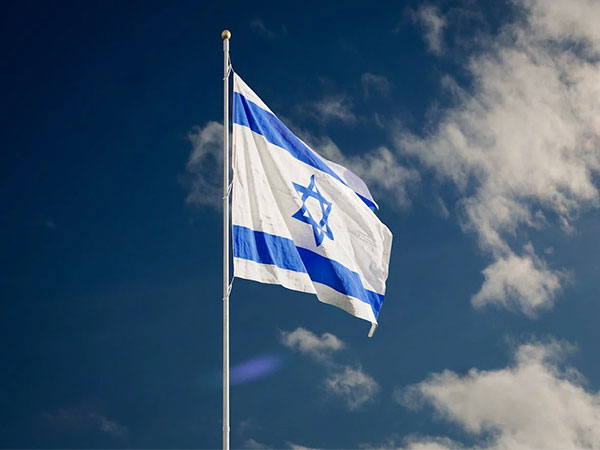Tel Aviv [Israel], January 19: Efforts to contain widespread conflicts in the Middle East are at a deadlock because the parties involved have not found a common voice.
Little hope in Gaza
Reuters said on January 18 that the hope of preventing the conflict from spreading on the Israel-Lebanon border that the US proposed last week has achieved a small sign of optimism, when the Hezbollah force left open the possibility of diplomatic negotiations to prevent the conflict from spreading. a brutal war. However, Hezbollah rejected proposals from the Pentagon to withdraw fighters away from the border with Israel. This force announced that it would continue to fire missiles at Israel until there is a complete ceasefire in the Gaza Strip. This is also the first time this information has been published.
Israel also said it wanted to avoid war, but vowed to fight if necessary. This country threatens to react more strongly if it does not reach an agreement to ensure the safety of the border area with Lebanon . Israel is also under greater pressure amid increasing criticism of the military operations it has deployed against Hamas forces in Gaza. On January 18, the Jordanian army accused Israel of being responsible for "flagrant violations of international law " when attacking a field hospital in Khan Younis City in southern Gaza. The Israeli army denied this accusation.
However, there is still good news for the Palestinian people in Gaza as they will soon receive two shipments of medicine and humanitarian aid through the border gate in Egypt. This is part of a deal brokered by Qatar with help from France, according to Al Jazeera.
The Red Sea is not yet calm
The situation is even more complicated in the Red Sea when all sides are determined not to compromise. The Houthi force's Saba news agency reported on January 18 that the US and UK had attacked some areas in Yemen where this group is operating. US officials later confirmed the information to Reuters. In addition, the US also returned the Houthis to the global terrorist list. Although the US emphasized that it would change its decision if the Houthis stopped attacking ships in the Red Sea, the group declared that it would "not stop". The Pentagon also reported that Houthis used drones to attack the US cargo ship Genco Picardy in the Gulf of Aden.
The move from the Houthis has caused US President Joe Biden's administration to consider imposing financial sanctions as well as military measures to protect global maritime trade. According to ABC News, the sanctions will be designed to limit the impact on 32 million Yemenis, one of the poorest countries in the world .
Also in an effort to restrain the Houthis, British Foreign Secretary David Cameron met his Iranian counterpart Hossein Amir-Abdollahian on January 17 on the sidelines of the World Economic Forum in Davos (Switzerland) and expressed his reaction to the Houthi attack. in the Red Sea, and urged Iran to prevent this. There is currently no information about Tehran's reaction.
Source: Thanh Nien Newspaper

